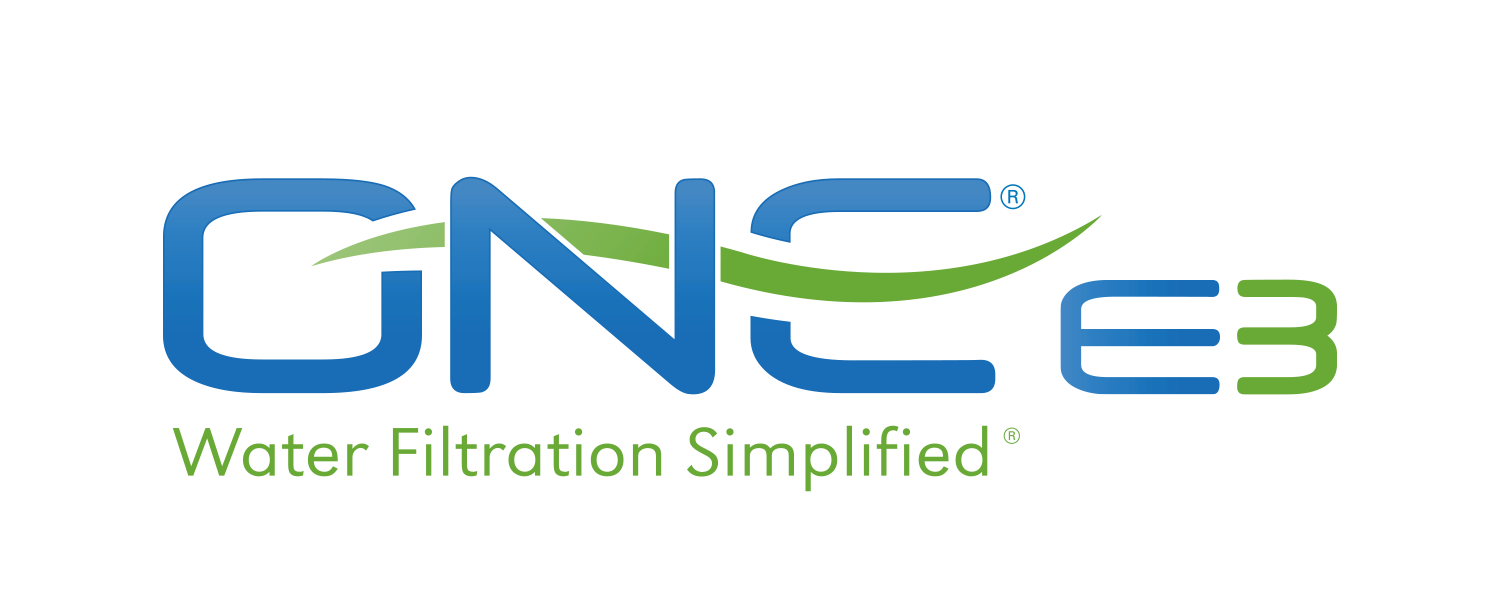In the post “5 Things You Need to Know About Water Filters“, Consumer Reports walks homeowners through the process of assessing the need for home water filtration and choosing the right water filter based on that need. Here’s a summary of some of the key tips they provide:
Find out what’s in your water
Effective filtration starts with knowing what you’re trying to keep out. The Consumer Reports post suggests getting a Consumer Confidence Report (CCR) from your municipality, and testing your water with a kit or lab analysis before buying a filter.
Choose a filter that removes the identified contaminants
Filters should be certified by NSF International, an independent, accredited health and safety organization. Consumer Reports states, “To be assured a filter will remove a certain contaminant, the package should say the filter meets NSF-certification for that substance.”
Take into account the cost of filters
When choosing between water filtration options, budget for the cost of filter replacements. Along with your initial investment in the filtration system, think how much filters will cost you over the course of a year. This will help you get a better idea of the true cost of each system.
Think about your water usage
Filtering water for one person versus six people can impact what system you choose and how quickly you go through filters. As the Consumer Reports post notes, “A carafe or two might suffice for one or two people, but isn’t ideal for a family that consumes several gallons of water a day.”
Change your filters regularly
In order to work effectively and remove contaminants, filters must be replaced regularly. A clogged filter will not do its job. Most filters are designed to provide some indication when they are full (whether it’s a light or a slower flow of water), listen to the signal and replace accordingly.
For more information on this topic, read the full Consumer Reports article here.
You can also learn about our convenient, whole-home water filtration system here.



